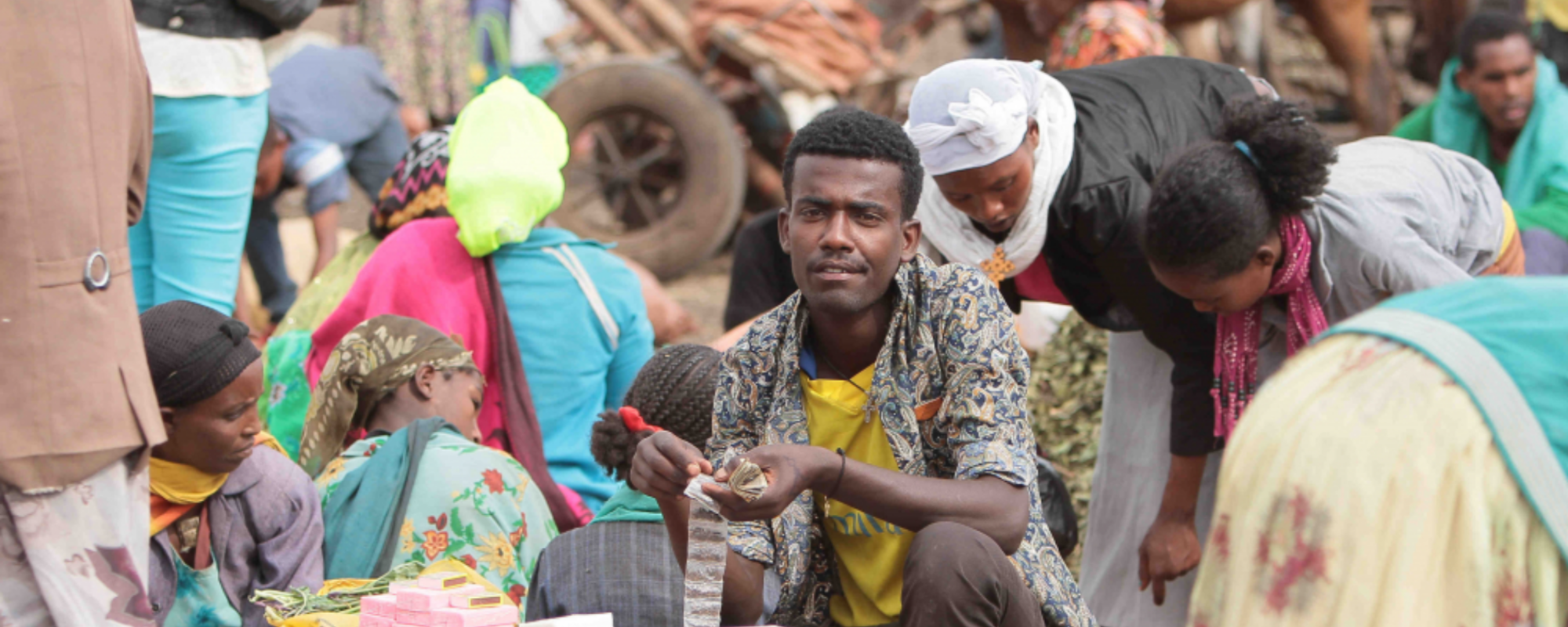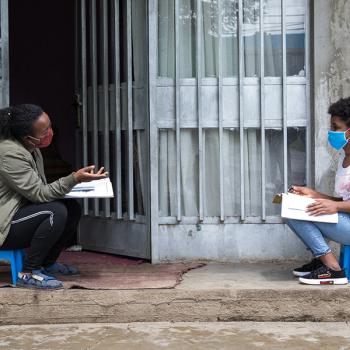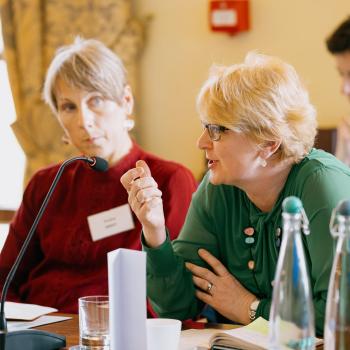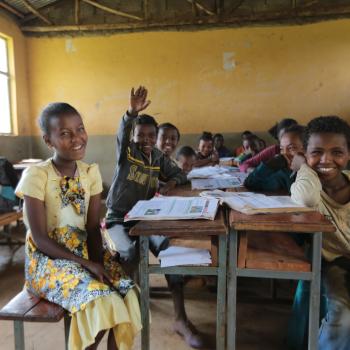Young Lives at Work (YLAW), was launched with new funding from UK's Foreign, Commonwealth & Development Office (FCDO) in 2019. It continues to follow the original study children in Ethiopia, India (Andhra Pradesh and Telangana States), Peru and Vietnam, into youth and young adulthood using our quantitative survey method.
The project aims to investigate how education and skills shape young people's opportunities as they move in to the labour market.
When Covid-19 hit, the research team adapted to a phone survey method to find out how the pandemic was impacting young people in our study, conducting a 5 call survey between 2021 and 2022, and publishing headline findings and policy recommendations. Methodological and technical resources, as well as the research outputs, news and blogs are available below, and the data can be accessed for free via the UK Data Service.
With continuing support from the UK's Foreign, Commonwealth & Development Office, as well as funding from the Wellcome Trust for innovative survey modules around mental health and well-being, Round 7 of our quantitative survey, concluded in May 2024 (see our news story here)
Throughout Young Lives' 20 year study, we have maintained an excellent attrition rate and we worked very hard to uphold this in Round 7. With the young people in our study now aged 22 (Younger Cohort) and 29 (Older Cohort), many have migrated away from their communities, often to search for work, so our country teams worked hard to track them to new locations (see our Technical Note on Round 7 Attrition Rate and blog)
We are publishing headline findings from Round 7 on March 12 2025 - see our news release.
Please check our social media channels regularly for further updates, or sign up to our newsletter here.
Putting together Young Lives Survey
Putting together a full Young Lives Survey Round is a complex and meticulous task. The team worked on this for several months completing a number of essential stages
Tracking
Tracking is where we try and locate all the previous participants in our study across the four study countries. For the first time, we contacted participants by phone, only visiting for a face to face tracking interview if contact had not been possible.
Ethical Approval
Ethical approval for the data collection was granted following our application in February 2023.
Pre-pilot and SAQ
In advance of the data collection, we pre- piloted aspects of the survey, including the main questionnaire, a new self administered questionnaire (SAQ) and potential new survey modules.
Pre-piloting was carried out in Peru and India during November and December 2022 by enumerators and fieldwork staff, trained in the various activities to be tested. Feedback was assessed and used to finalise the survey.
Revision of the “core modules”
Alongside feedback from the pre-pilot, the core modules were finalised to reflect the current age of the participants, covering employment, work and family choices, and to take into account the unusual circumstances of the pandemic since the last in person data collection (Round 5). Round 7 also featured new modules on mental health and well-being to investigate the impact that adverse events have on stress levels.
Self-administered questionnaire
The SAQ contained questions on sensitive topics, such as experiences of violence and/or trauma, and we used an audio version for the first time in two YL study countries (Ethiopia and India) where low literacy might be an obstacle.
Young Lives at Work sits within the Employment Theme. Read more about our research within this theme below. To see our Household and child survey, click the button below.
These documents present the complete scripts for Enumerators to follow when conducting the calls together with all the questions.
This detailed and comprehensive manual includes guidelines on how to train enumerators; data management; protocols; ethical considerations, reciprocity and safeguarding and step by step phone call scripts and questions.
The Round 6 Attrition Report replaces the previous attrition reports for calls 1-5.









